Everyone loves the look of a sleek, shiny new car — especially when you know your car’s paint will begin showing wear quickly after leaving the lot.
From small chips to everyday occursions your car’s paint won’t stay like new forever. But, with a little knowledge and preventive measures you can keep your vehicle looking like new, longer.
Everyday Things That Destroy Your Car’s Paint and Exterior
There are things in life we cannot control. Including things that damage your paint job, unavoidable everyday things.
And it’s not just about keeping your car looking like new, your car’s paint protects the metal of your car’s frame, preventing rusting and damage. So, keeping it healthy isn’t just cosmetic, it’s required.
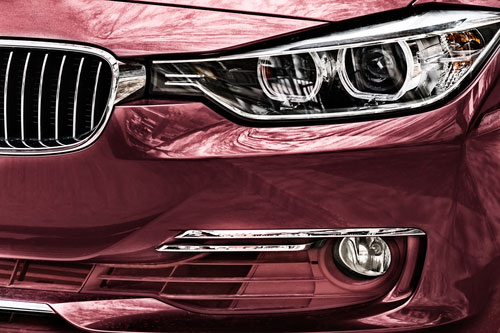
The Sun
Try telling the sun to stop shining. It’s not going to work. Unfortunately, not only does that glowing yellow ball make Texas quite hot in the Summer, it’s damaging and baking your car’s paint job.
If your car spends the majority of its time outside, you’ll begin noticing a duller and fainter look. That’s because the sunlight is breaking down the outer layer of paint until your car eventually runs out of paint.
Luckily, the solution is relatively easy. Park in the garage. Don’t have a garage? Find the shadiest spot.
Tree Sap
While avoiding the sun, you may notice that the tree you park under leaving a few things behind. Like needles, leaves, and sap.
That sap isn’t a friend to your car’s paint job. In fact, it eats it away leaving you with random spots without any paint.
Bugs
“Bet they don’t have the guts to do that again.”
While that may be true, their guts are currently destroying your paint job. Why? Acid.
Wiping the bugs off your car regularly is mandatory. If they stay on too long, they can become permanent fixtures, eating the paint away and solidifying. And that’s a hood ornament you don’t want.
Bird Poop
Not just annoying, but acidic as well.
Like the bugs that you took out on your road trip, the acidity of bird poop slowly eats away the paint on your car if not washed off.
At least the solution is simple. Wash your car, or even rinse it off.
Construction Zones
Delays, traffic, loose rock, and tar.
Nothing about construction zones make drivers happy. Not only do you contend with narrowing lanes and merging traffic, but watch out for loose rocks and tar spots. The kicking-up of gravel chips your paint while tar latches on and never wants to let go.
Unfortunately, evasive maneuvers aren’t possible when in traffic and around other vehicles. You can do something about the tar though. Like the bugs and bird poop, a simple car wash will take care of that sticky mess.
Salt & Winter Grime
Does anyone actually enjoy driving in winter weather? And the thing that keeps the road free of ice kills your paint.
Salt and winter grime wreaks havoc on your undercarriage and paint job. But, its better than driving on icy roads, so they aren’t going anywhere.
Rain
When we keep mentioning washing your car, a rainstorm does not count. Actually, rainwater does more harm than good.
While it makes your car shiny for a moment, air pollution makes that rain less than pure. Which means all those pollutants hang out on your car after the storm rolls through.
With all of these things being unavoidable, protecting your car’s paint (and your car) is up to you.
Protecting Your Car’s Paint Job
Alright, you have a pen and paper? You ready for the magical solution for protecting your car’s paint?
Wash. Wax. Repeat when needed.
Unlike other car’s issues and maintenance, this one you can handle on your own at home. Washing your vehicle monthly will remove any acidic leftovers, road grime, and pollutants. Further protecting your car from the sun and rain is a job for wax.
Remember: wax on, wax off.
Protecting your car’s paint isn’t tricky. Which is good because many everyday things can damage your paint job. From the sun to rain to bugs, giving your car a good rinse and wax foes a long way.
Have questions? Think your car needs repairs? Contact Northwest Auto of Houston by calling 281-894-8880.

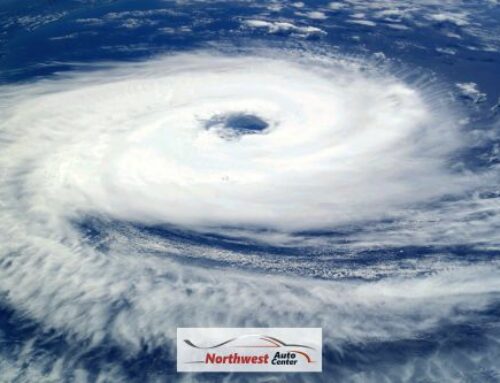
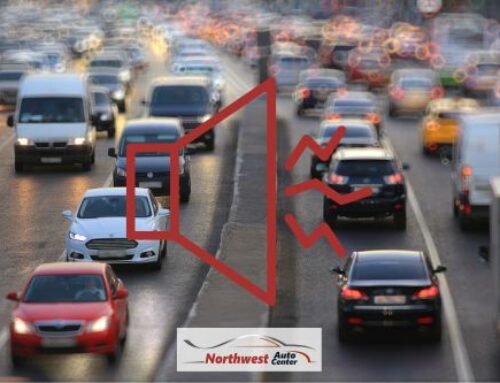
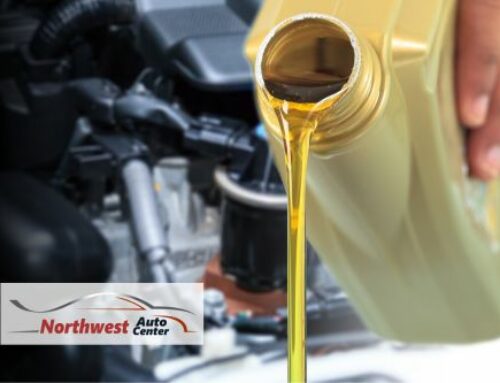
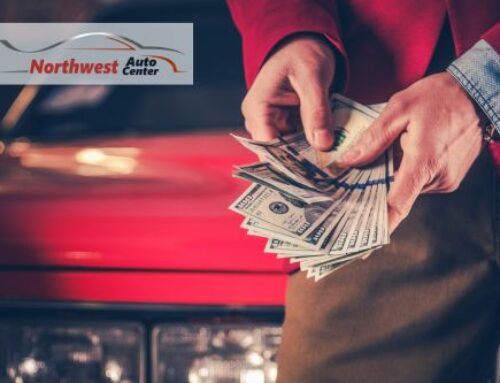
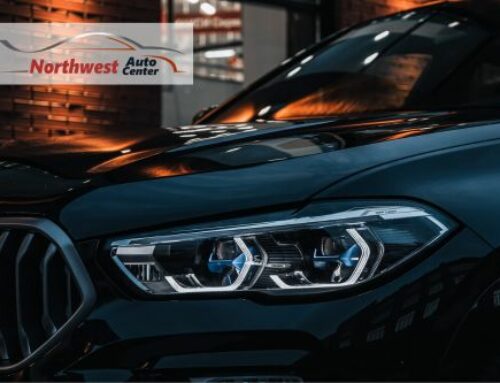
Leave A Comment
You must be logged in to post a comment.